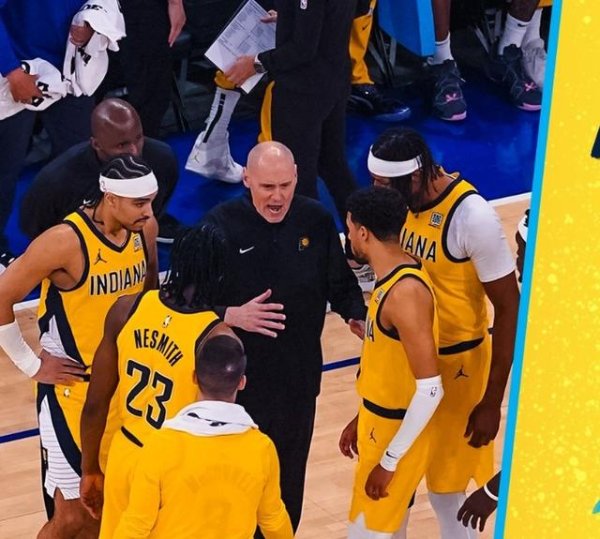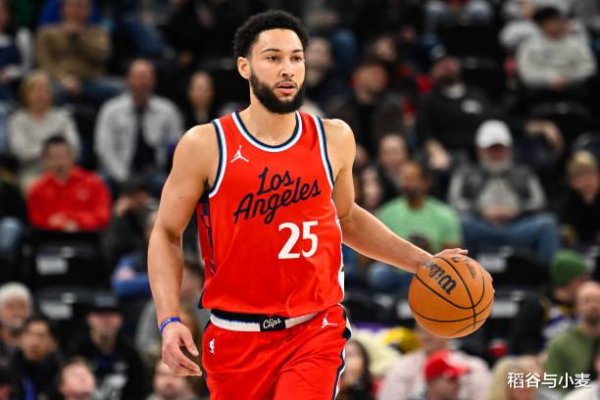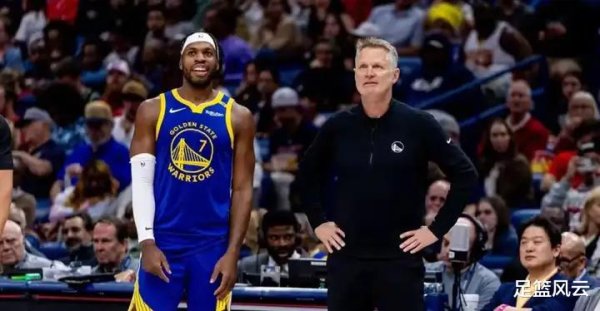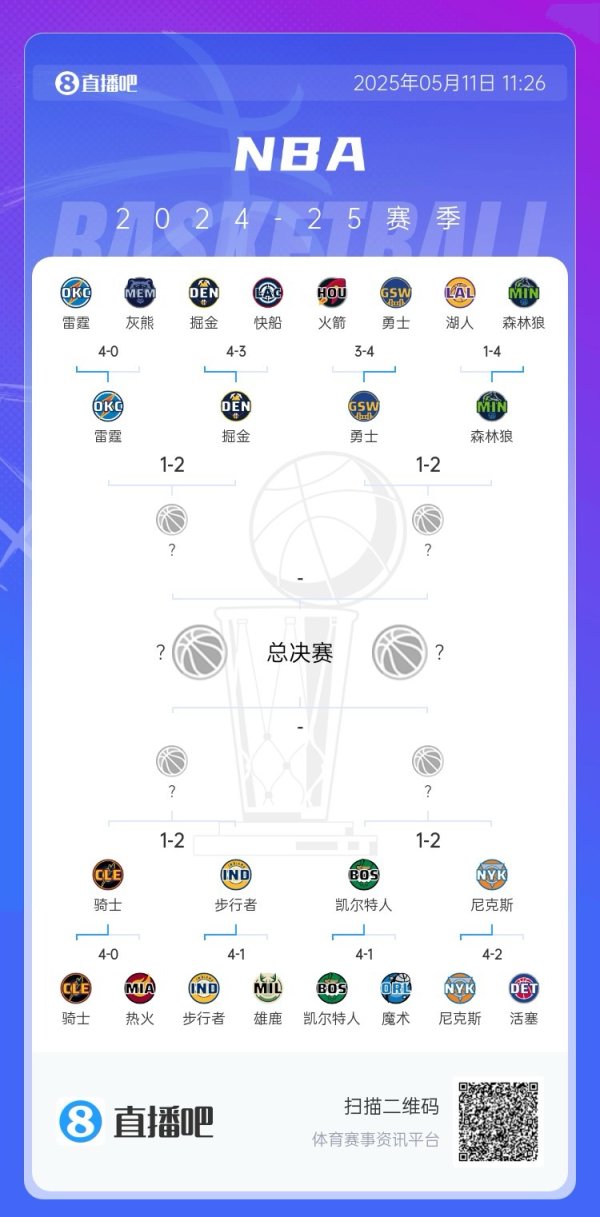HOME > Basketball
Do the Rockets have too many excellent players? And three other urgent questions
10:16am, 17 September 2025【Basketball】
The joining of Kevin Durant this summer makes the Houston Rockets suddenly become the most eye-catching team in the NBA.
With only a few weeks left before the opening of the training camp, the Rockets have begun the integration of historical scorers and talented youth teams - a team that won 52 wins in the Wild West last season is facing a new challenge.
Champion expectations have returned to Houston, and the road to the top must be accompanied by the team's dynamic adjustment to solve many problems.
The following are the key issues that the team needs to solve before returning to the court:

1. Can the Rockets solve the problem of half-court offensive space?
Although Jaylen Green and Dillon Brooks played a key role in the Rockets' rise to second place in the West last season, when the reward is a player of Durant's level, it is obviously a reasonable decision to give up on them. Especially after Green struggled in the first round against the Warriors series, this decision seemed wiser - a confirmation of the urgency of the team's need for a reliable half-time scorer at critical moments.
Durant is perfectly competent for this role. His experience with the Warriors, Nets and Suns proves that his technology is extremely adaptable and can maintain efficient top-level scoring output in any environment.
But the derivative impact of replacing Green and Brooks with Durant is that the Rockets must pay more attention to half-field tactical execution rather than over-reliance on speed and athleticism. This will become an advantage when the playoffs come, but it is inevitable to experience the pain of growth in the process. One of the major challenges that head coach Uduka needs to deal with is to continue to form a lineup that can effectively open up space for Durant and All-Star center Alperen Shinkin. Amen Thompson, Tari Ethan and Steven Adams are all key components of the Rockets’ puzzle, but how will these players deal with it when opponents force them to take on greater responsibilities on the offensive end? Will Fred VanVleet, Dorian Finney-Smith and Reed Shepard play more important roles for their ability to catch and shoot?
Uduka must accurately grasp the balance of two tactical orientations: not only to give full play to the physical advantages created by the team, but also to send a lineup that can efficiently organize the offense.

2. When will Durant sign the renewal agreement?
The incident has not yet caused concern, as all signs indicate that Durant will sign some form of contract renewal in the coming weeks to continue playing for the Rockets for the foreseeable future. But as of Wednesday, the 36-year-old star has only one year left in his current contract, worth about $54.7 million.
It is generally believed in the NBA that the Rockets are prioritizing the long-term renewal with Ethan, who also has the last year left in the contract, before Durant's new contract will be finalized. Once these two operations are completed, the Rockets will form a clearer blueprint for the future financial planning of the existing core lineup.
The current suspense about Durant's contract is not whether to renew the contract with the Rockets, but when to renew it - more importantly, how long is the contract term?
Durant, who will turn 37 on September 29, remains at the All-Star level after 18 years of league competition. It is understandable if he hopes to seek a stable destination at the end of his career, but he may also remain open to the choice in order to pursue the final championship opportunity. As always, Durant's future is still unpredictable.
In any case, the Rockets will do their best to avoid Durant becoming a full free agent next summer. The beauty of the Rockets' cooperation with Durant is that the team has the highest competitiveness at the moment, and retains enough young talents to continue to remain threatened as the players mature. The only unknown is that Durant will play a multiple role in this future blueprint.

3. Are the Rockets over-the-top players?
Teams that have won superstars through trading in recent years often need to sacrifice their lineup depth - because completing blockbuster transactions usually requires giving out high-quality assets. In most cases, the price of acquiring stars is often the young assets and lineup depth.
But while reaching the Durant deal, the Rockets not only retained most of their young cores, but also maintained the deep that the lineup was urgently needed.
Except for Green, the Rockets have retained almost all first-round picks in recent years, while freeing up enough salary space to supplement reliable role players. Many people had thought that to get Durant, shepherd, Ethan, Jabbarry Smith, and even Shinkin would have to be sent, but the Rockets eventually kept it all - including Cam Whitmore, who was later traded to the Wizards for multiple second-round picks.
Although Uduka is delighted with having so many talented players, it is never easy to allocate playing time among the many quality players of a strong team. When almost every position is teamed up, the coaching staff has to face difficult choices. The
back line is perhaps the relatively easiest to sort out - VanVleet, Shepard and Aaron Holiday deserve the rotation time. But considering that Shepard is the 2024 Tanhua Show and has limited roles in the rookie season, the team also has expectations of increasing its appearance.
Insiders will form a deep combination: Shin Kyung and Adams return, plus veteran Clint Capela who signed a three-year, $21.5 million contract last summer. Shinkyung and Adams split most of the center time last season, but Capela obviously did not sign for sitting on the bench.
Fenney Smith, who joined the four-year, $53 million this summer - he will join the Rockets flank composed of Durant, Thompson, Ethan and Smith to form a dynamic rotation group.
It is hard to imagine that Uduka will adopt a rotation mode of three point guards + three centers + six wings. He has to find the best combination plan...or the Rockets could become a potential target for the integrated deal: solidifying the top rotation by introducing another star.

4. Is the Twin Towers tactic really effective?
Although the Rockets' lack of experience and poor execution in key rounds are the most prominent problems in the first round loss to the Warriors, Uduka injects an interesting change of formations into the series.
After a limited trial in the regular season, the Rockets activated the Shinkyung-Adams double-tower combination against the Warriors in a small squad, and dominated the rebounding end in the first round of the playoffs.
Shen Kyung and Adams played together in 93 minutes, and the Warriors scored 32 points during the period. Their size and strength always plague the warriors with disadvantaged figures, and Adams's existence allows Shin Kyung to play the role of an offensive initiator on the periphery more calmly when entering the position war.
Is this a one-time change of formation, or is it a new strategy that the Rockets can continue to rely on in the regular season? How will Capela integrate into the dual tower system? What impact will Durant have if he has more time to partner with his double inside line? How is Thompson playing in the Twin Towers lineup? What if Shin Kyung is obviously more suitable to play as a power forward?
Last season, Uduka made a lot of efforts to shape the Rockets' tenacious traits. Although he retained a large number of original teams, the team still needs to clarify its self-positioning and find the best solution for the playoffs - there is still a long way to go.

Related Posts
- What are we talking about? Fans wearing Doncic s Lakers jersey chatted with Mavericks owner Dumont
- Hornets coach: Kneipelmann Sexton has a chance to start and they can play a key role
- Markkanen: Murinen is on the right path and he can make a fortune in the NBA
- Foreign media show James interacting with fans in the rain: Heavy rain cannot stop the whole city from moving to welcome James
- The sixth man once was! Analysis of how Clarkson supports the Knicks substitute attack
- No. 1 in the league! No. 1 in the league! The 24-year-old No. 1 pick is crazy about gaining muscles, he wants to hit the scoring champion + MVP
- Top 100 stars are released!
- What’s the matter! The Warriors quietly strengthened it, and they added 2 more! OK, I can explain it
- Return to the Cavaliers? James statement has caused heated discussion, US media lists 8 potential destinations, and the four top picks are expected to join forces
- 125 million in 5 years! The NBA s first contract of RMB 100 million this summer was born, and the number one player in the draft was counterattacked
Hot Posts
- What are we talking about? Fans wearing Doncic s Lakers jersey chatted with Mavericks owner Dumont
- Hornets coach: Kneipelmann Sexton has a chance to start and they can play a key role
- Markkanen: Murinen is on the right path and he can make a fortune in the NBA
- Foreign media show James interacting with fans in the rain: Heavy rain cannot stop the whole city from moving to welcome James
Recommend

NBA Finals are released! Thunder opponents are finalized, the Eastern Conference ends its third season, and the big dark horses strive for the championship

Jaylen Green tattooed the portrait of his 40-year-old girlfriend! It takes up half of his back. There is a 17-year age difference between the two.

After leaving the Clippers, you won’t have to worry about your next home! Simmons finally chose the Celtics among several teams?

Antetokounmpo: You must learn to refer to the standards of people like James KD to better protect your body

This year, the NBA playoffs have seen teams get below the mark, why is this phenomenon?

Three points doubled in a year! Decided to catch up with Curry, Amen showed his ambitions, and the Rockets were about to prepare for the maximum salary

Anthony won the only series in New York: If the Knicks win in 2013, I will retire on the spot

2-1 in the second round: The Timberwolves, who lost their home advantage in the top three in the league, defended the West Sixth team.